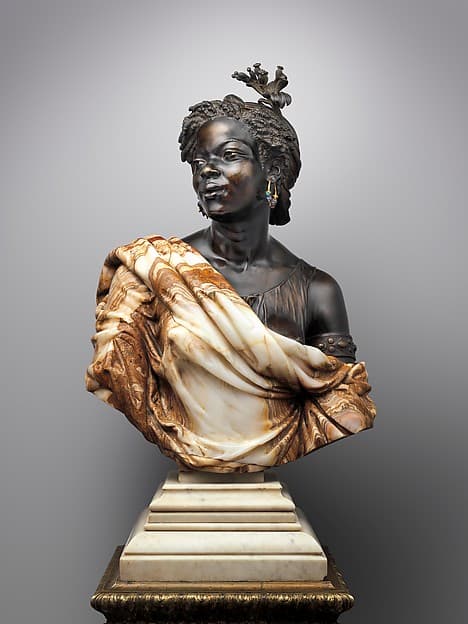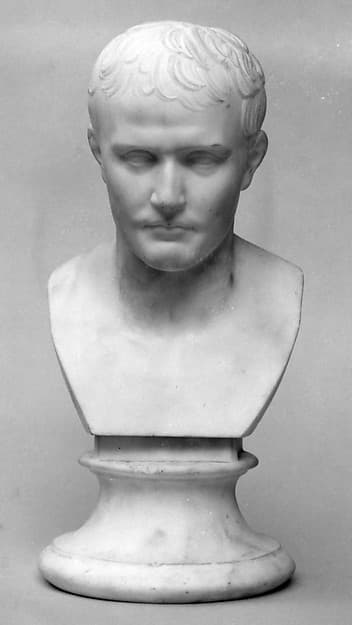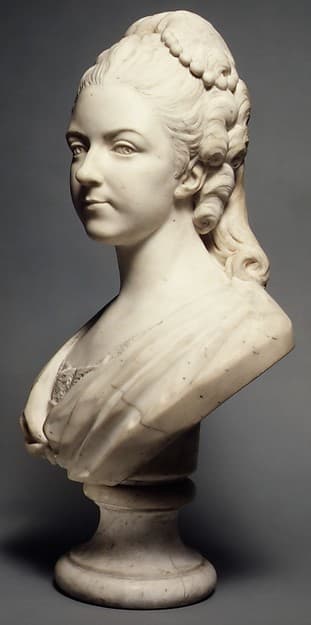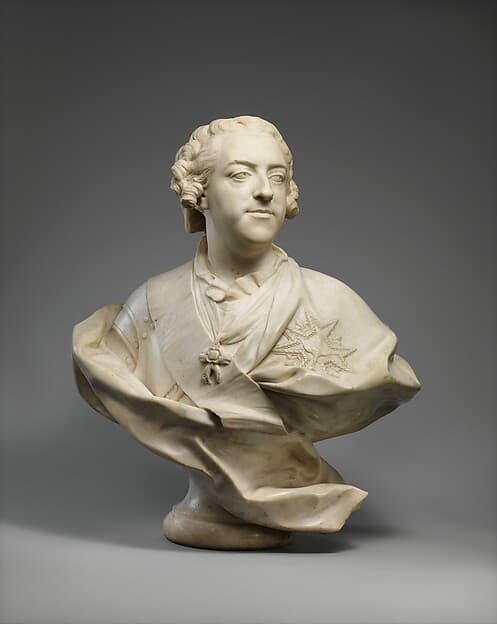
Click to view fullscreen
1 / 6
Related Artworks
Discover similar artworks

Voltaire (François Marie Arouet de Voltaire) (1696–1778)
1778

Bust of an Englishman
1740

Breton Peasant Woman
probably 1880s

Woman from the French Colonies
1861

Jacques Benigne Bossuet, Bishop of Meaux
1770

Louis Pasteur
1889

Ferdinando de' Medici, Grand Prince of Tuscany
ca. 1680–82

Napoleon
19th century

Félicité Sophie de Lannion, Duchesse de La Rochefoucauld, at the Age of 29 Years (1745–1830)
1774

Louis XV (1710–1774), King of France
1757

Leda and the Swan
ca. 1640–50

Nude woman
1899
More by Jean Antoine Houdon
Explore other works by this artist

Bust of a Woman
1794 or later

Plate of Benjamin Franklin
1776–1883

Portrait of Voltaire
1801

Portrait of Jean-Jacques Rousseau
1801

Benjamin Franklin (1706–1790)
1778

Robert Fulton (1765–1815)
1803–4

Denis Diderot (1713–1784)
1773

Georges-Louis-Leclerc, comte de Buffon (1707–1788)
1782

Voltaire (François Marie Arouet de Voltaire) (1696–1778)
1778

Winter
1787

Seated Voltaire
1778

Woman, sometimes identified as the Princesse de Lamballe
19th century